In a bustling transit station, amid the chaos of rumbling engines, voices calling to one another, and clouds of dust stirred by tossed bags being loaded and unloaded—a nervous-looking child sat alone, waiting.
Eleven-year-old Ibrahim* was waiting for a bus that would take him from his home in Burkina Faso into the neighboring country of Mali, a journey he was certain would be the key to saving his family from a life on the streets.
A man named Oumarou* had promised him a good job working in a gold mine there. Because Ibrahim was small, he could fit more easily into the underground tunnels to collect gold. Oumarou promised to pay him 100,000 FCFA (approximately $165 USD) per month.
“You can even keep some of the gold for yourself,” he told the boy, an indulgent smile spreading across his face.
Ibrahim couldn’t say no. A steady income like that would mean everything to his family. The young boy left home without telling anyone.
Oumarou arranged everything for Ibrahim, purchasing his bus ticket and instructing him which bus to take, even coordinating with the bus drivers to ensure that the boy got off at the correct stop. But—in a common move traffickers make to avoid suspicion—Oumarou traveled separately and planned to meet him there. Ibrahim was alone for the journey.
 Trafficked children for mining labor
Trafficked children for mining labor
Child trafficking for mining is common in the mineral-rich lands of Africa, where some 10 million miners work in artisanal and small-scale mines. These sites are typically less regulated and rely more on physical labor compared to large-scale, mechanized mining operations. The UNODC reported that an estimated 20–40% of these miners are children between the ages of 5 and 14.
The reality awaiting Ibrahim wouldn’t have been a safe and stable job, but a grueling and dangerous one, without the promised pay and with no way to get back home. Poorly supported tunnels at high risk of collapse and badly ventilated air leading to respiratory problems are just two of the extreme dangers that could have impacted his young life forever.
Escape from a lie
Fortunately, Love Justice monitors were standing watch at this bus station, and they noticed the nervous young boy sitting alone. They contacted the boy’s father, who was shocked to hear that his son had nearly been trafficked and pleaded with the monitors to bring him home safely. Ibrahim returned home later that same day.
This is just one of many stories from our global teams that happen every single day. Thousands of vulnerable children and adults around the world face the same type of deception daily, believing someone is offering them an opportunity for a better life—when in reality, that person is luring them into exploitation. Deception is by far the most common tactic for recruiting victims into human trafficking, far more common than kidnapping or force.
In 2024, 62% of intercepts recorded by our teams were minors. Children are especially vulnerable to trafficking because their limited understanding of potential danger can make them more trusting of strangers.
Love Justice has teams stationed in over 20 countries—monitors who are trained to spot the signs of deception in trafficking and help keep these vulnerable kids safe. Your giving makes a huge difference in stopping child trafficking before it’s too late! Thank you.
*All data and statistics current at the date and time of publishing. Names changed and specific locations excluded for privacy and security purposes. Images are representative and do not feature actual victims.
-1.png?width=500&height=500&name=LJI_MAINLOGO_WhiteBackground%20(1)-1.png)
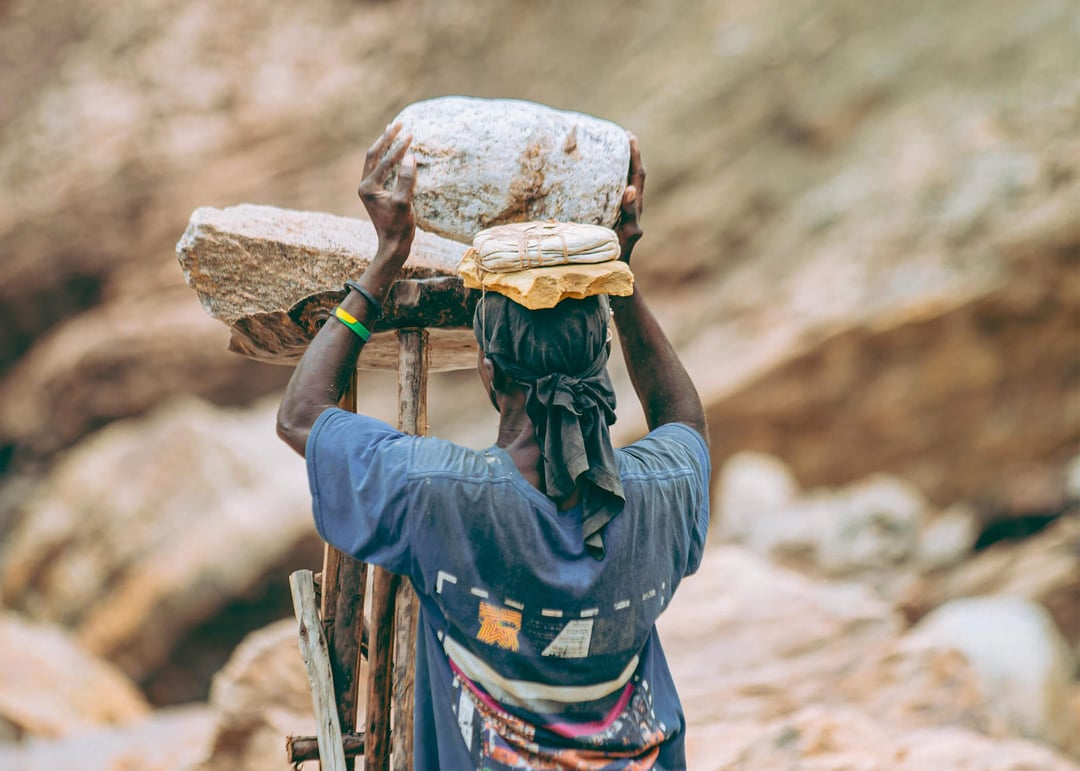

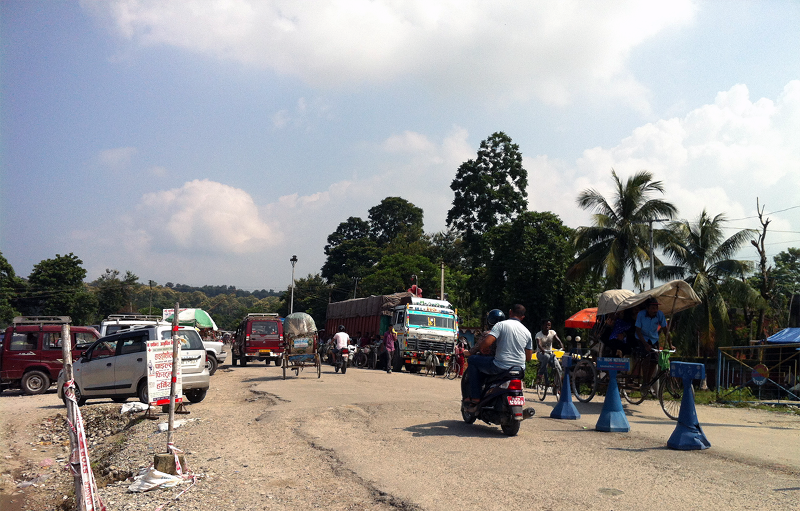
/bimala_feature_blog.webp)

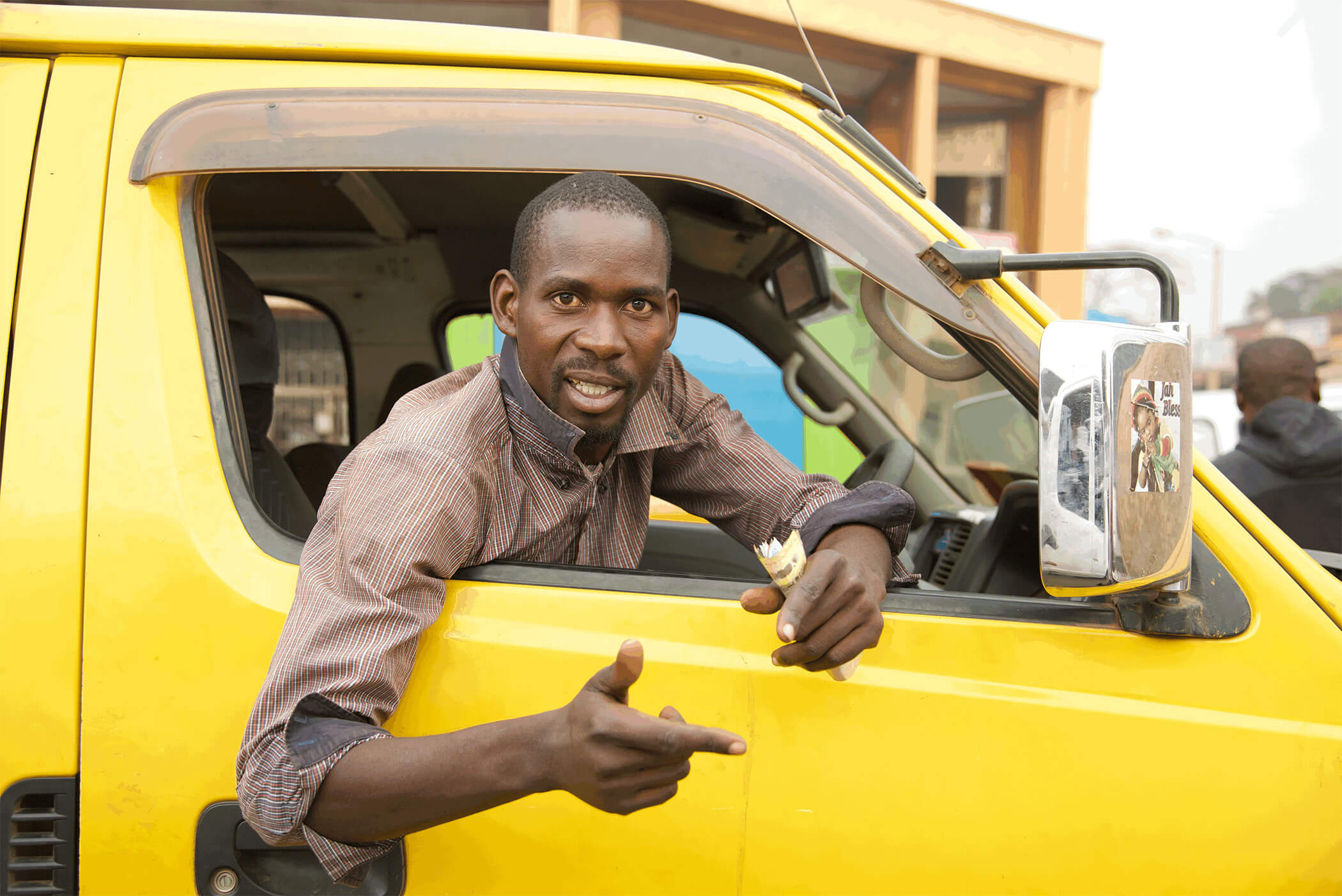
/boy_girl_asia_streets.webp)

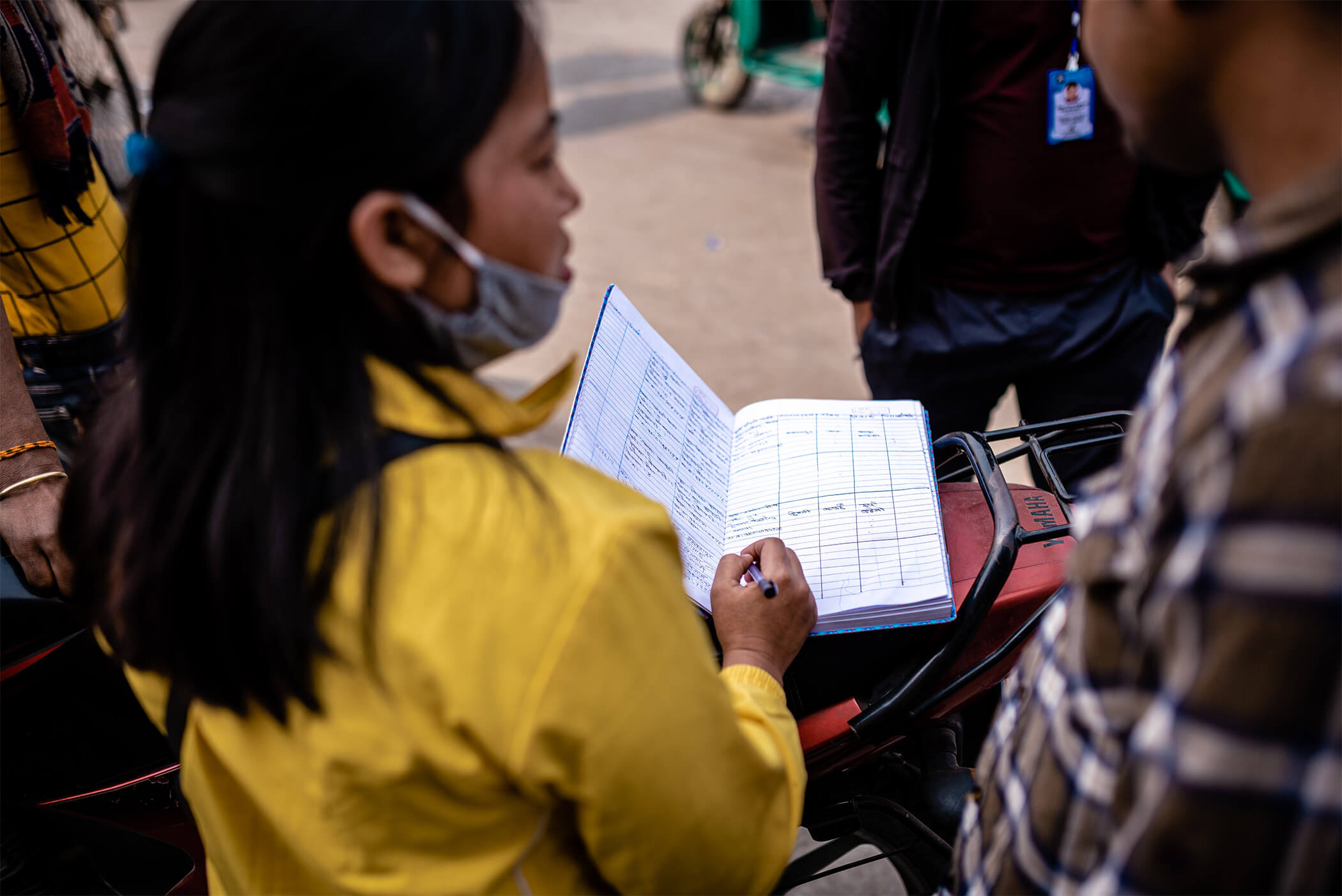




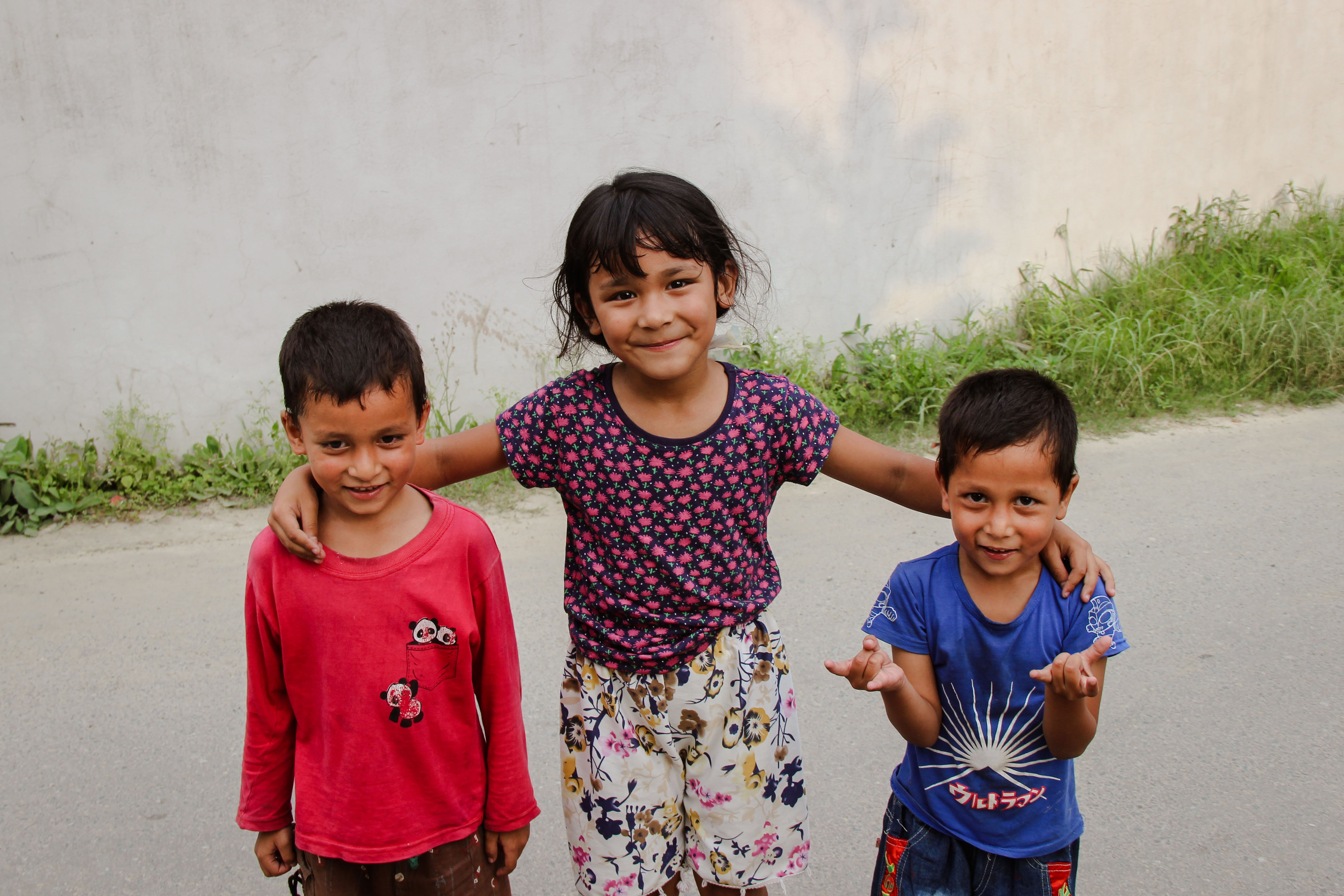
/end_human_trafficking_mother_child_india.webp)

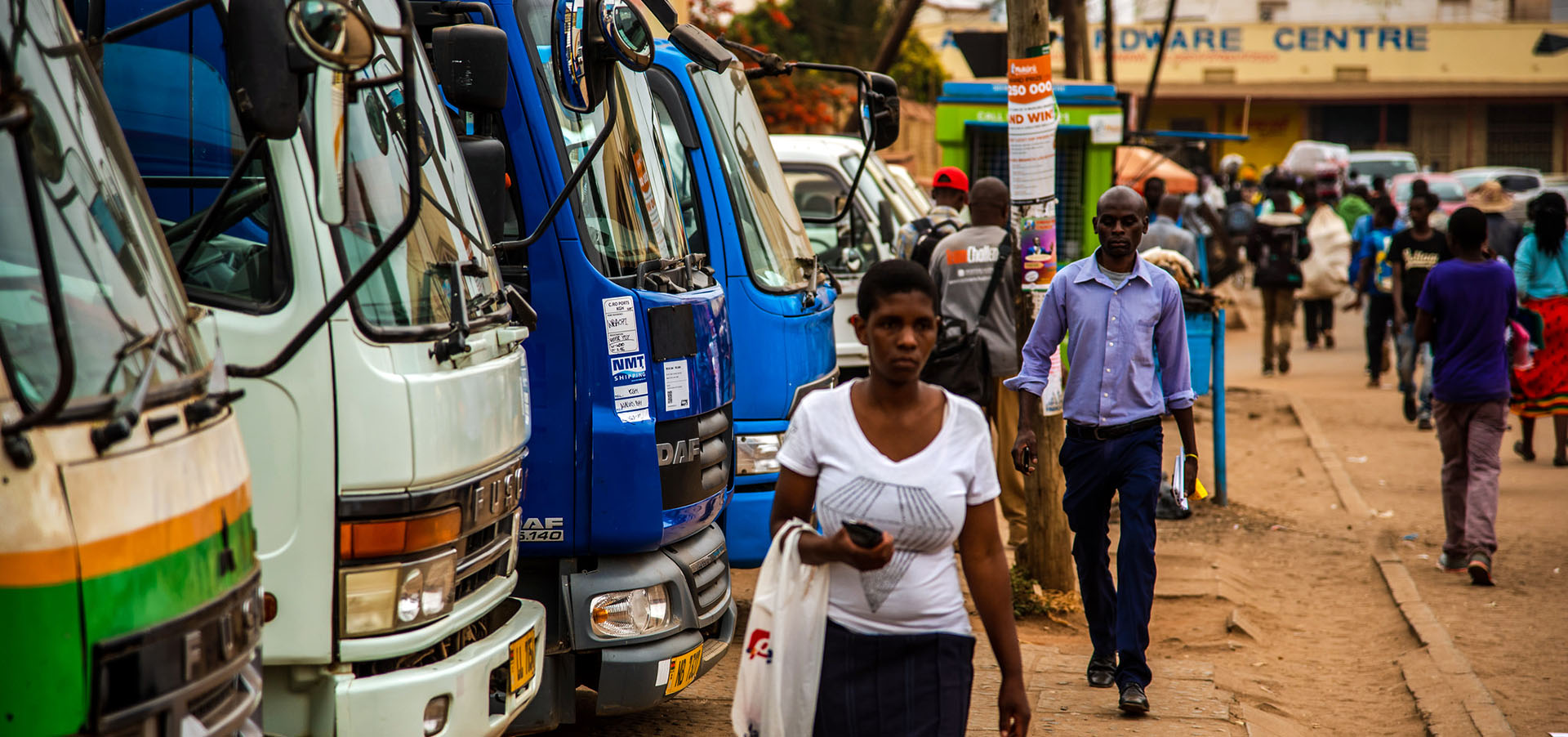
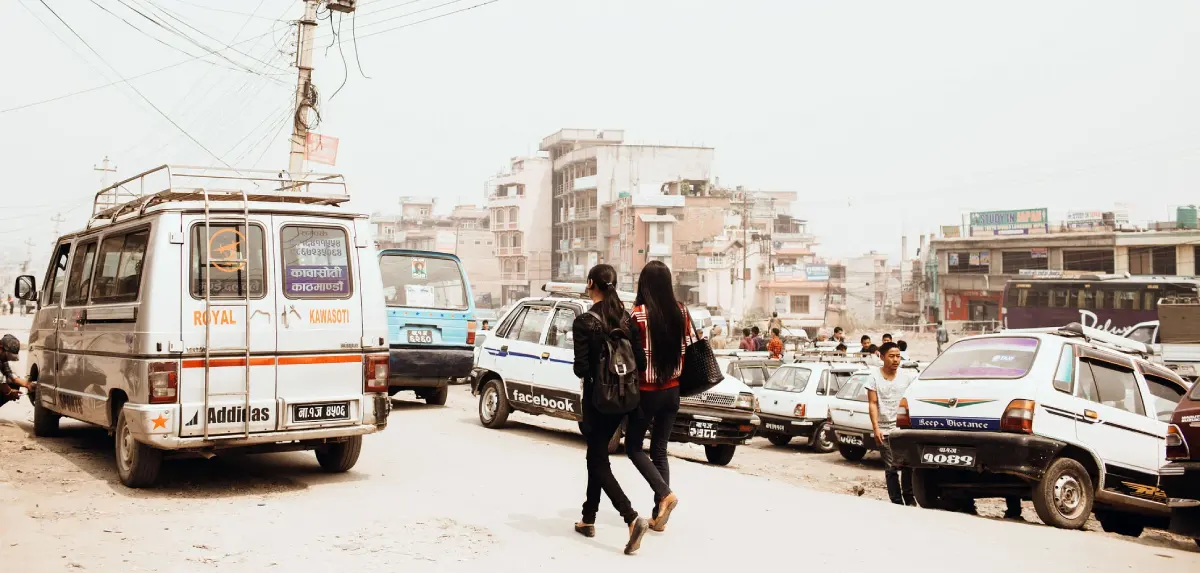

/love_justice_nepal_streets.webp)

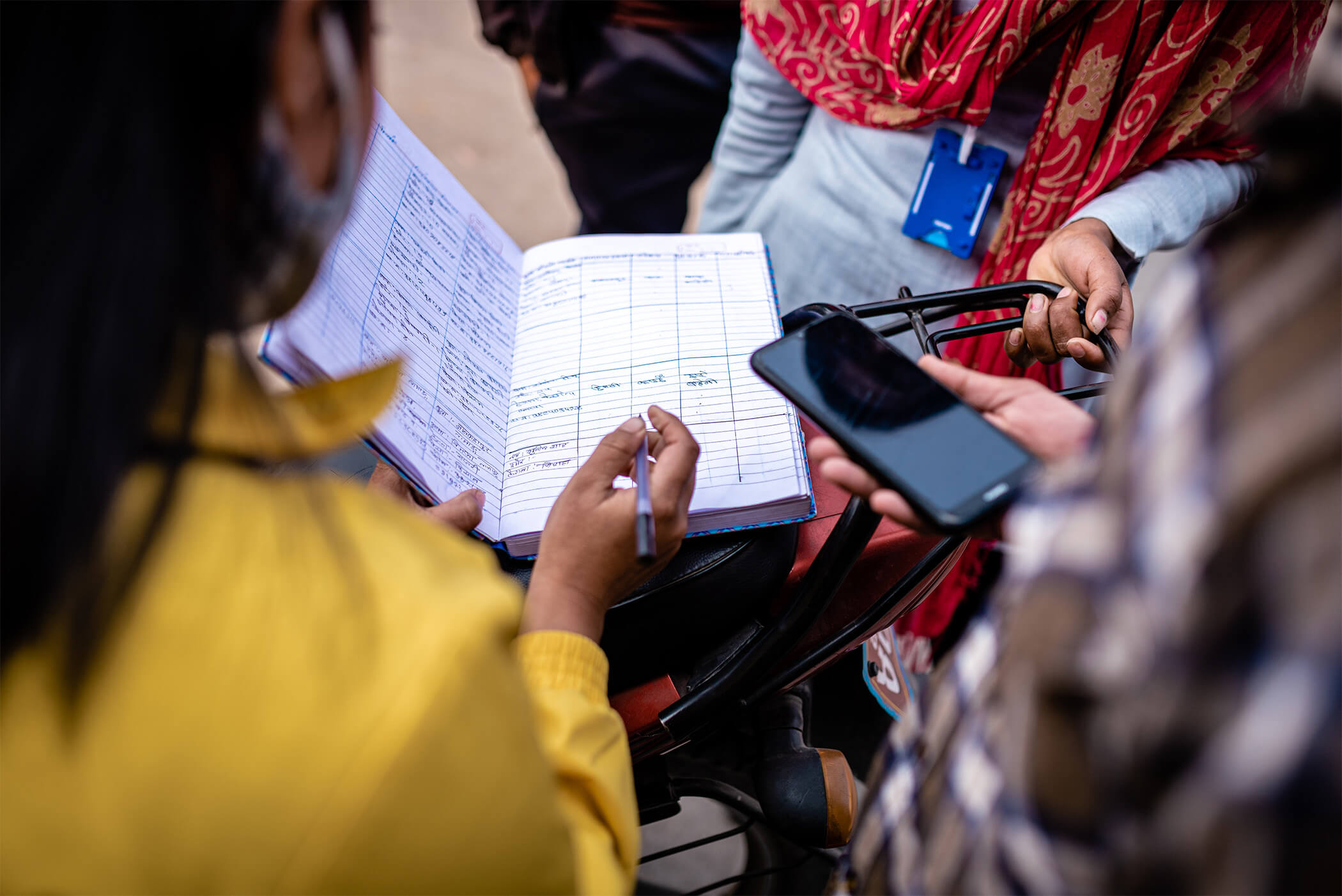

/stop_human_trafficking_asia_love_justice_scooter.webp)




Post a comment